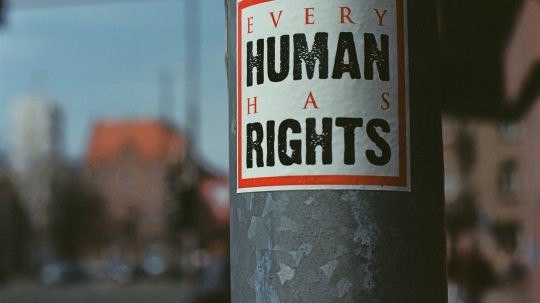People fleeing war and seeking safety in the UK are forced to live on £8.24 a week under government support allowances. Amid a cost of living crisis, and what will be the longest recession this country has ever faced, people in our communities are struggling to feed their families. In some areas of the country, those seeking refuge are having to choose between a bus ticket, non-prescription medicine, baby supplies and food.
The UK pledged to resettle 20,000 Syrians by 2020 through the Vulnerable Persons Resettlement Scheme. By June 2019, 17,051 Syrian refugees had come to the UK through this scheme. By the end of 2018 there were 6.7 million Syrian refugees worldwide. Around 4.6 million are currently being hosted by just two countries – Turkey and Lebanon.
Under section 95 of the Immigration and Asylum Act 1999, those seeking asylum should receive £39.63 per week; however, those placed in hotel accommodation are not eligible for that amount.
Living on £8.24 a week
The Scottish Refugee Council has reported that people placed in hotels are receiving even less – just £8.24 a week to cover transport, clothing, non-prescription medicine and other essentials such as supplies for children and babies.
A return bus ticket to attend a crucial Home Office appointment costs £4.90 in Glasgow – over half of this weekly allowance.
— Scottish Refugee Council 🧡 (@scotrefcouncil) October 6, 2022
SFC pointed out that a return bus ticket to attend a crucial Home Office appointment in the Glasgow area would cost approximately £4.90 – over half of some people’s weekly allowance.
Further research from the charity Asylum Matters found that 95% of people they interviewed who were awaiting a decision about their case, said they could not afford to use public transport.
One person told Asylum Matters:“This [bill] is the most high one, I sometimes walk 10k just to go somewhere I need to and I set off so early just to go to shop or to the doctors. I cannot get any public transport, it is too much.”
Another told Asylum Matters that they were having to choose between feeding their family and buying medication: ”It is very expensive – last time I went to pharmacy to get medication I couldn’t afford it as I would not have been able to afford food for the week if I did.”
£39.63 per week is not enough, let alone £8.24
Amid a cost of living crisis, rising inflation and what the Bank of England is calling the longest recession the UK has ever faced, people in our communities are struggling to buy the basics. In today’s climate, against a background of inflation, £8.24 wouldn’t buy a winter coat, a new pair of shoes, a week’s supply of flu medicine, nappies or baby food.
In 2021, a journalist in Buckinghamshire, Samantha King, tried to live on £39.63 per week, which equates to less than £6 a day. However, by the end of the week, King reported losing weight as a result. She said she started panicking after some of the food she had bought went off and ended up spending £20 over the weekly allowance.
The High Court recently granted permission to proceed with a challenge to an undisclosed Home Office policy which states that asylum seekers can only be dispersed from temporary hotel accommodation on an “expedited” basis if there are “exceptional circumstances”.
The case was granted permission to proceed after a single mother of two was left destitute and denied baby food for her children while placed in hotel accommodation.
What happens to someone when they get refugee status?
When a person is given refugee status, they have just 28 days to find accommodation and apply for mainstream benefits before they are evicted from asylum accommodation. Many refugees become homeless at this stage. This is a huge upheaval and causes many complex ongoing issues – especially as so many have been in the asylum system for months or even years.
The right to work
It is illegal for asylum seekers to work under UK law, however the majority of the public support lifting the ban, to enable people seeking asylum the right to work. In March 2022, YouGov polling found that 81% of the public support the right to work for people seeking asylum in the UK.
The charity Refugee Action said: “It’s not just nonsensical, the ban is harmful to everyone involved. It takes the toughest toll on people seeking asylum, but the UK economy also misses out on tax revenue and much-needed specialists by leaving people frozen in poverty. The time has come to lift the ban.”
City of Sanctuary, a community organisation working to build a more welcoming UK, said: “Allowing people seeking asylum the right to work is just common sense. Everyone knows it, now this government needs to do the right thing.”





